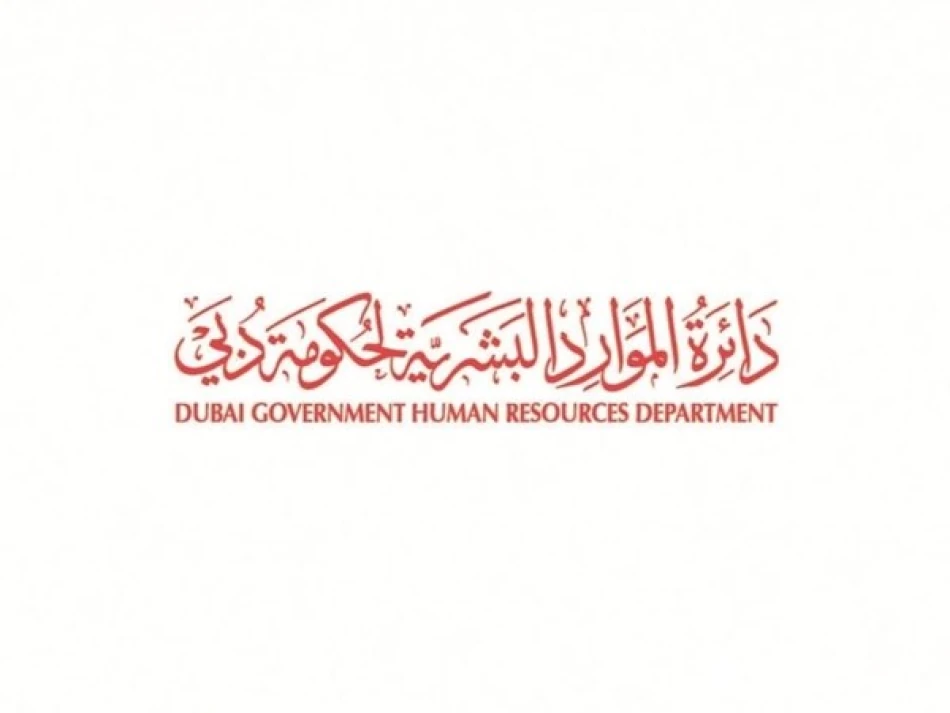
Dubai's Resources Set Dates for Prophet's Birthday Celebration
Dubai Government Declares Public Holiday for Prophet Muhammad's Birthday in September 2025
Dubai's Human Resources Department has announced a public holiday on September 5, 2025, to commemorate the Prophet Muhammad's birthday, affecting all government entities across the emirate. The decision reflects the UAE's continued emphasis on religious observance within its modern administrative framework, while maintaining essential public services through strategic exemptions for critical sectors.
Holiday Details and Implementation
The Dubai government has designated Friday, September 5, 2025 (corresponding to 13 Rabi' al-Awwal 1447 in the Islamic calendar) as an official holiday for the Prophet's birthday celebration. Normal working hours will resume on Monday, September 8, allowing for an extended weekend that bridges religious observance with family time.
This scheduling demonstrates Dubai's sophisticated approach to religious holidays, timing the break to maximize both spiritual reflection and practical benefits for government employees. The three-day weekend format has become increasingly common across Gulf states as governments seek to balance religious traditions with modern workforce expectations.
Strategic Exemptions Ensure Continuity
Essential Services Protected
The holiday directive includes carefully crafted exemptions for government entities operating on shift systems or those providing continuous public services. These organizations—including emergency services, healthcare facilities, and critical infrastructure operators—will maintain their own scheduling to ensure uninterrupted service delivery.
This approach mirrors best practices seen in other major business hubs like Singapore and Hong Kong, where religious and cultural holidays are balanced against the need for essential services. The policy reflects Dubai's maturation as a global city that must accommodate diverse religious observances while maintaining its reputation for reliable governance and services.
Broader Context of Religious Integration
UAE's Model of Inclusive Governance
The announcement reinforces the UAE's distinctive approach to religious accommodation within a diverse, international business environment. Unlike purely secular holiday policies or rigid religious calendars, Dubai's system demonstrates how Islamic traditions can be seamlessly integrated into modern governance structures.
The Human Resources Department's emphasis on enabling employees to share the occasion with their families "in an atmosphere of familiarity and tolerance" signals the government's broader social cohesion strategy. This language is particularly significant in a city where expatriates comprise over 85% of the population.
Economic and Administrative Implications
Market Impact Considerations
For businesses operating in Dubai's free zones and private sector, this government holiday typically influences broader market activity, though private companies maintain discretion over their own holiday policies. Financial markets and international businesses have increasingly adapted to the UAE's religious calendar, viewing such observances as predictable elements of the regional business cycle.
The advance notice—announced nearly a year ahead—reflects Dubai's commitment to administrative transparency and allows both public and private sector organizations to plan accordingly. This forward-looking approach has become a hallmark of UAE governance, contributing to the country's reputation for policy predictability among international investors.
Regional Leadership in Administrative Excellence
Dubai's structured approach to religious holidays positions it as a model for other Gulf states navigating similar balances between tradition and modernization. The detailed exemption framework and emphasis on service continuity demonstrate administrative sophistication that supports the emirate's broader economic diversification goals.
As the UAE continues expanding its role as a global business hub, such policies serve as practical examples of how Islamic governance principles can enhance rather than complicate international business operations.
Most Viewed News

 Layla Al Mansoori
Layla Al Mansoori






